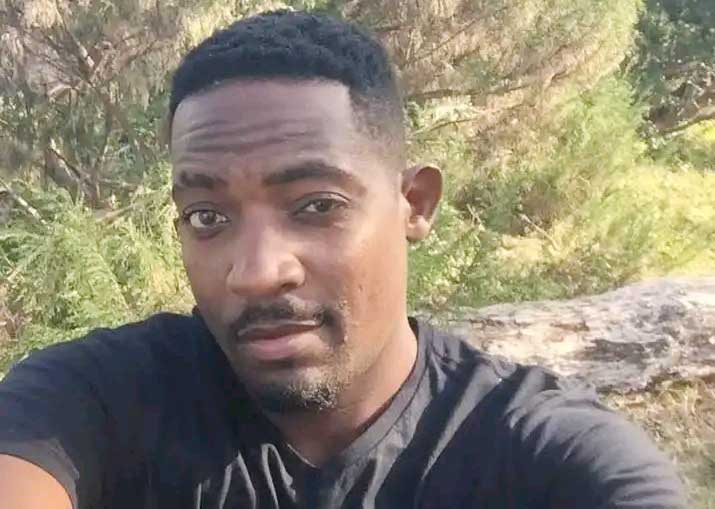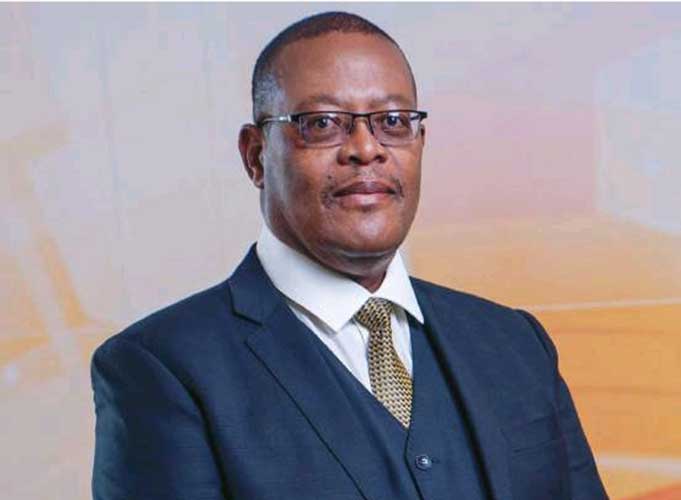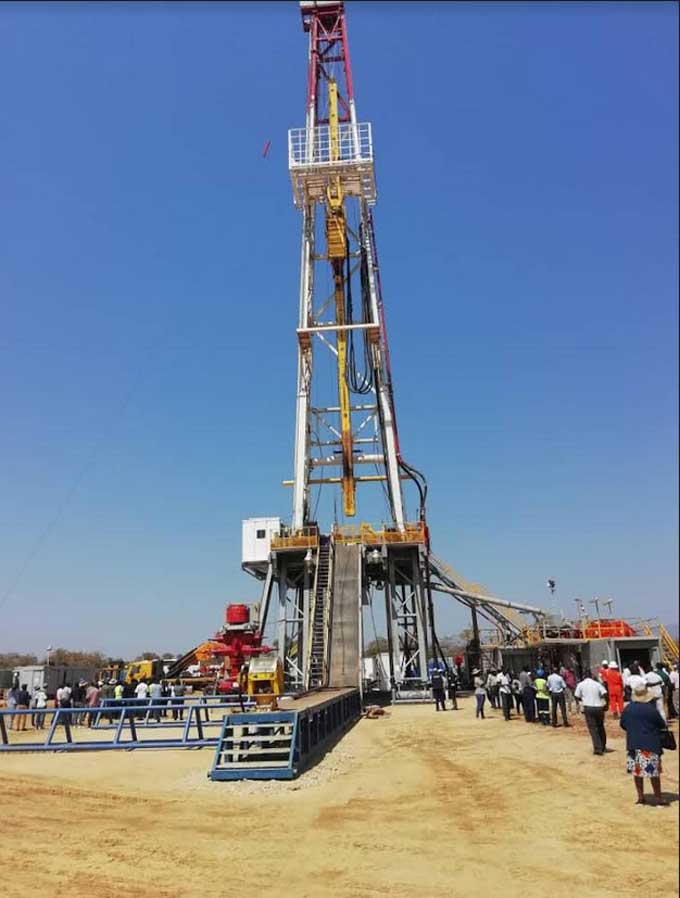
BY NQOBANI NDLOVU The Zimbabwe Electoral Commission (ZEC) got an immediate response yesterday after announcing steep candidate nomination fees for next year’s elections as disgruntled citizens said they would mount a court challenge.
In a statutory instrument 144 of 2022, which amended S1 153 of 2014 issued on Friday, ZEC said the cost of fielding a presidential candidate was now US$20 000 up from US$1 000, US$1 000 from US$50 and $200 for senators and councillors from US$100.
Zimbabwe Lawyers for Human Rights lawyer Obey Shava told The Standard that they were representing citizens, who were preparing to file a court challenge against the new fees.
“I confirm that there are a few people whose political rights have been infringed by the SI,” Shava said.
“The fees are too prohibitive and deny them their rights to exercise the right to vote, participate and stand for elections.”
Only Zanu PF and the Douglas Mwonzora-led MDC-T get funding from the government, which means that most political parties will struggle to raise the money to field candidates.
Under the country’s laws, political parties are not supposed to receive foreign funding to foot the cost of participation in election processes.
This means they have to meet their own costs, but many opposition parties are already struggling to carry out various activities, including elective congresses because of financial challenges.
- Chamisa under fire over US$120K donation
- Mavhunga puts DeMbare into Chibuku quarterfinals
- Pension funds bet on Cabora Bassa oilfields
- Councils defy govt fire tender directive
Keep Reading
With the new fees, they expressed fears that they may fail to participate in next year’s elections.
Citizens Coalition for Change (CCC) chief elections officer Ian Makone said the new fees were “unbelievable.”
“We oppose attempts to privatise a public service, which limits opportunities for people’s choices and participation,” Makone said.
Mwonzora’s spokesperson Lloyd Damba said the fees were an assault on democracy.
“If you remember back then we had Simba Makoni who had to announce his candidature after Zanu PF frustrated all efforts to renew itself from within,” Damba said.
“If these fees were the way they have been gazetted, Makoni would not be in history books as a presidential contender.”
Zapu spokesperson Mso Ndlovu described the fees increase as an attempt to rig elections.
“Democracy now comes at a huge premium,” Ndlovu said.
“They want to ensure that those that cannot afford do not participate forgetting that those who represent the ordinary people have no means.”
Former speaker of Parliament Lovemore Moyo, who is the leader of the United Movement for Devolution, said elections were at the core of democratic processes and institutions.
“It is clear that there’s an element of collusion with (President Emmerson) Mnangagwa’s regime to restrict electoral contestation in order to facilitate election rigging,” Moyo said.
“It is ludicrous to expect political parties to fork out over US$500 000 for them to fully participate in the electoral processes.”
Bulawayo-based political commentator Effie Ncube said the country risked sliding back into a one-party state.
“With these fees ZEC is killing the multiparty democratic system contemplated in the constitution,” Ncube said.
“Also, when participating in elections requires so much money, such elections cannot be deemed free and fair because access is one of the benchmarks of a free and fair election.”
Methuseli Moyo, a political commentator, accused ZEC of commercialising politics.
“We are going to end up with a situation where maybe we have two or three parties contesting, and that limits the choice of the voters,” he said.
“We need local parties to push their local issues, and with the new fees, local parties have been destroyed.”
Crisis in Zimbabwe Coalition spokesperson Obert Masaraure said there was need for the masses to unite against ZEC to force it to renew the fees downwards.
“The ruling elites who have been looting state resources should not be allowed to reduce elections into an elite affair,” Masaraure said.
“The working class and the peasants, who are the worst affected should unite and fight back, demanding an inclusive electoral process.”
ZEC spokesperson Jasper Mangwana yesterday demanded written questions when asked for a comment.
Mnangagwa will be seeking a second full term in office in next year’s polls and he is likely to face CCC leader Nelson Chamisa whom he narrowly defeated in the disputed 2018 elections.









